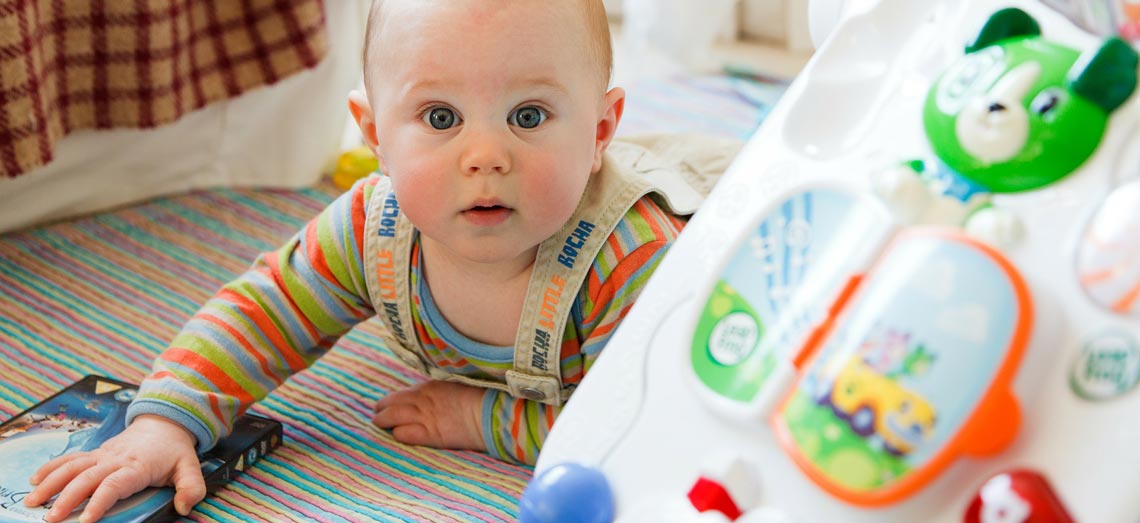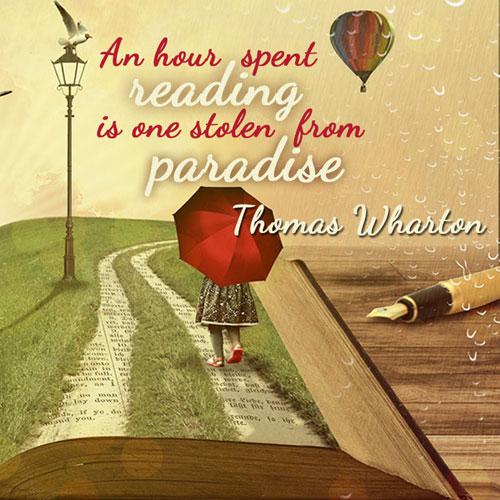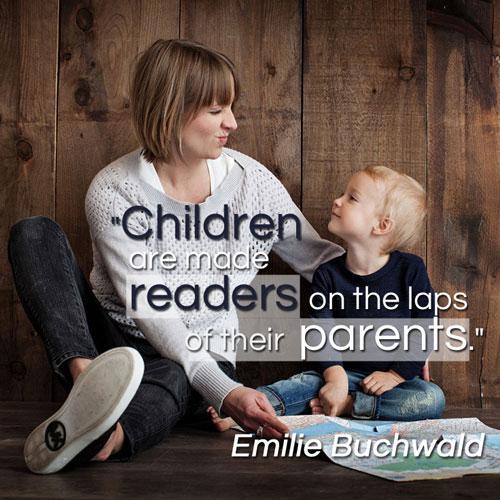by Lucy Windevoxhel
When I was taking my daughter to parent/child classes for infants and toddlers I made a lot of new "mommy" friends. Most of them would find out sooner or later what I do, and frequently they asked me what I thought about infants and toddlers watching TV and educational DVDs. I still get that question a lot, so it seems many parents wonder the same thing.
First of all, the American Academy of Pediatricians recommends NO TV for children under the age of two. And no more than one to two hours of TV after that. And I completely agree, in fact, I had made an oath not to allow my daughter to watch TV the first two years of her life. And though I am a woman of my word, life happened and she did watch some TV. I still believe that TV should at the very least be limited, and that parents, as the first and most important teacher children will ever have, have much more to offer that any educational program or DVD. I would like to offer some insight on a) how TV should be watched and b) how YOU are better than "educational" shows.
As I said before, I had promised not to let Isabella watch TV, but when she was about 9 months old, we found one of the local Spanish TV stations featured Sesame Street. My husband and I loved Sesame Street as children, and when I saw him and Isabella snuggling on the couch, and he was singing the songs to her and they had such a positive interaction, I just let it go, it couldn't possibly harm her! So we recorded the shows and we watched them once or twice a week together, skipped commercials altogether, and talked about what we were watching. So this leads me to MY RULES of TV watching:
- TV viewing should be limited. If you do decide to let your child watch TV before the age of 2, I wouldn't turn it on the first 6 months, and after that, baby should watch no more than an hour a week. After the age of two , one hour or two a day at the most is plenty. TV viewing should be limited to educational programs.
- Watch TV together. Talk about what you are watching, highlight important vocabulary. Use TV not as a babysitter but as something that the two of you can do together.
- No Commercials
Even before I had a child, I recommended parents to limit TV viewing to their language delayed children, and I sometimes found great resistance. The two most common arguments were: HE LOVES IT! and SHE IS LEARNING SO MUCH FROM THESE SHOWS! So here is my answer: Yes, if your child already loves TV, you cannot just expect him/her to not watch TV and be happy about it. The time normally being spent watching TV needs to be replaced with other FUN activities: going to the playground, building blocks, reading, painting, coloring, board games. As long as they are fun, age appropriate and interactive your child will be OK.
As far as educational programs and DVDs, I am not against them, and we do watch them in my house too, but there are so many better ways to spend time with your children. For example, you can sit an infant or toddler in front of the TV and have him watch a DVD that shows him pictures, the printed word and the spoken word for PARK, TREE, SKY and so on, that's great isn't it? I mean you are building vocabulary AND reading! What can be better than that? Well, go for a walk, and show him the park, and the trees and the sky. Pick a flower, look at it, touch it, smell it, name it, have your child experience these words and he will be learning the word, using different senses, receiving vestibular stimulation (movement from stroller, or sling), practicing motor skills (walking, reaching, holding). You can even pick up some flowers, and leaves and twigs and go home and make a collage for him, or with him (depending on his age). I assure you that this type of experiential learning will be far more valuable for your child. And when you are reading books about trees and flowers and parks you can link those pictures to what your child does every day, or every week with you when you go for walks. Books also allow your child to experience things that are more difficult to see every day (e.g., elephant), and expose children to print in the way print is meant to be used, as a means to communicate and learn. Some shows teach children counting, which is also great! But there are so many things to count at home! We can count cheerios, blueberries, balls, stuffed animals, fingers, toes! TV can be great, and only you can decide whether or not your child is going to watch it, but do not think for a minute that TV can do a better job of teaching your child than you do!



